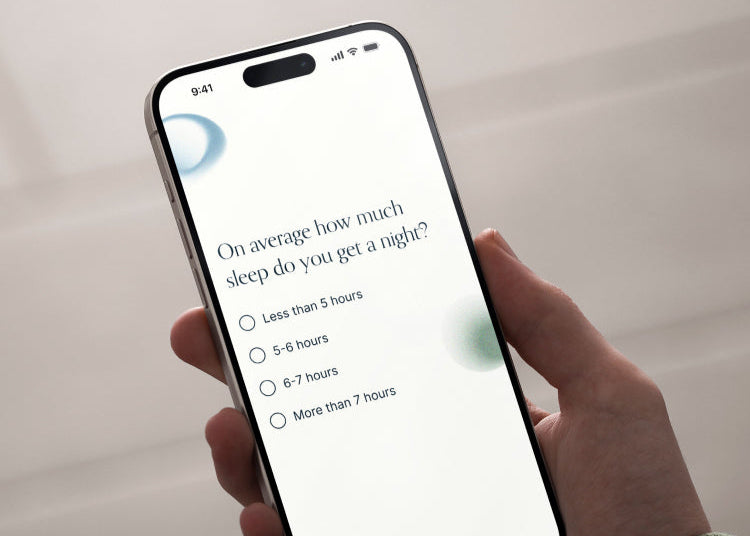Menopause diagnosis is a frequently asked question to general practitioners and gynecologists: "How can I confirm if I am in menopause?" In this article, we explain why it can be important (or not necessary in some cases) to diagnose menopause and how it can be done.
If you're wondering whether you’ve reached menopause, don't hesitate to explore Terra, our innovative cooling pad designed to alleviate menopause symptoms effectively.
What is Menopause?
Menopause marks the cessation of ovarian function and menstrual cycles. Levels of female hormones (estrogen and progesterone) drop to zero as their production halts. Meanwhile, levels of FSH (follicle-stimulating hormone) rise during menopause.
If you undergo a blood test to check for menopause, these are the key hormones measured. Menopause often comes with symptoms such as hot flashes, vaginal dryness, mood swings, and sleep disturbances. If you're experiencing these, check out our guide on Menopause 101 for a comprehensive overview.
Why Diagnose Menopause?
Diagnosing menopause serves various purposes:
- To confirm when menstruation has ceased permanently.
- To determine when contraception is no longer necessary due to the lack of pregnancy risk.
For women under 45, diagnosing menopause early is crucial to address potential health risks, such as osteoporosis or cardiovascular diseases. Learn more about the signs of menopause at 40.
Diagnosing Menopause After 45
For women over 45, menopause can signal relief from the heavy or irregular periods typical of perimenopause. Moreover, some symptoms like migraines, mood swings, and premenstrual syndrome often disappear post-menopause.
Many women seek to confirm menopause to safely discontinue contraception. Others are interested in hormone replacement therapy (HRT), which can alleviate symptoms like hot flashes, mood changes, and vaginal dryness. Learn more about managing symptoms like hot flashes and joint pain during menopause.
Additionally, understanding menopause status is vital for long-term health monitoring, including bone density and cardiovascular risks.
Diagnosing Early Menopause in Younger Women
Premature ovarian insufficiency (POI) affects 1-2% of women and can have profound health and personal implications, such as infertility. It’s crucial to diagnose POI early to manage risks, including:
- Increased cardiovascular risk.
- Greater likelihood of osteoporosis.
- Cognitive issues, like memory loss or concentration difficulties.
If you're dealing with early menopause, find tips on managing health risks and improving your quality of life.
How to Confirm Menopause Without a Blood Test
For women over 45, menopause is typically diagnosed clinically based on the absence of menstruation for 12 months. However, for those using contraception or who have undergone a hysterectomy, other indicators like hormonal symptoms or blood tests may be needed. For guidance on handling these scenarios, read about hormones and menopause.
Why Choose Terra for Menopause Support?
Terra is your personalized solution for menopause management. Whether you're experiencing hot flashes, sleep disturbances, or mood swings, Terra provides:
- A cooling pad designed to alleviate hot flashes and promote better sleep.
- Evidence-based support for hormonal changes.
Explore Terra and discover how it can help you feel more comfortable during menopause.







